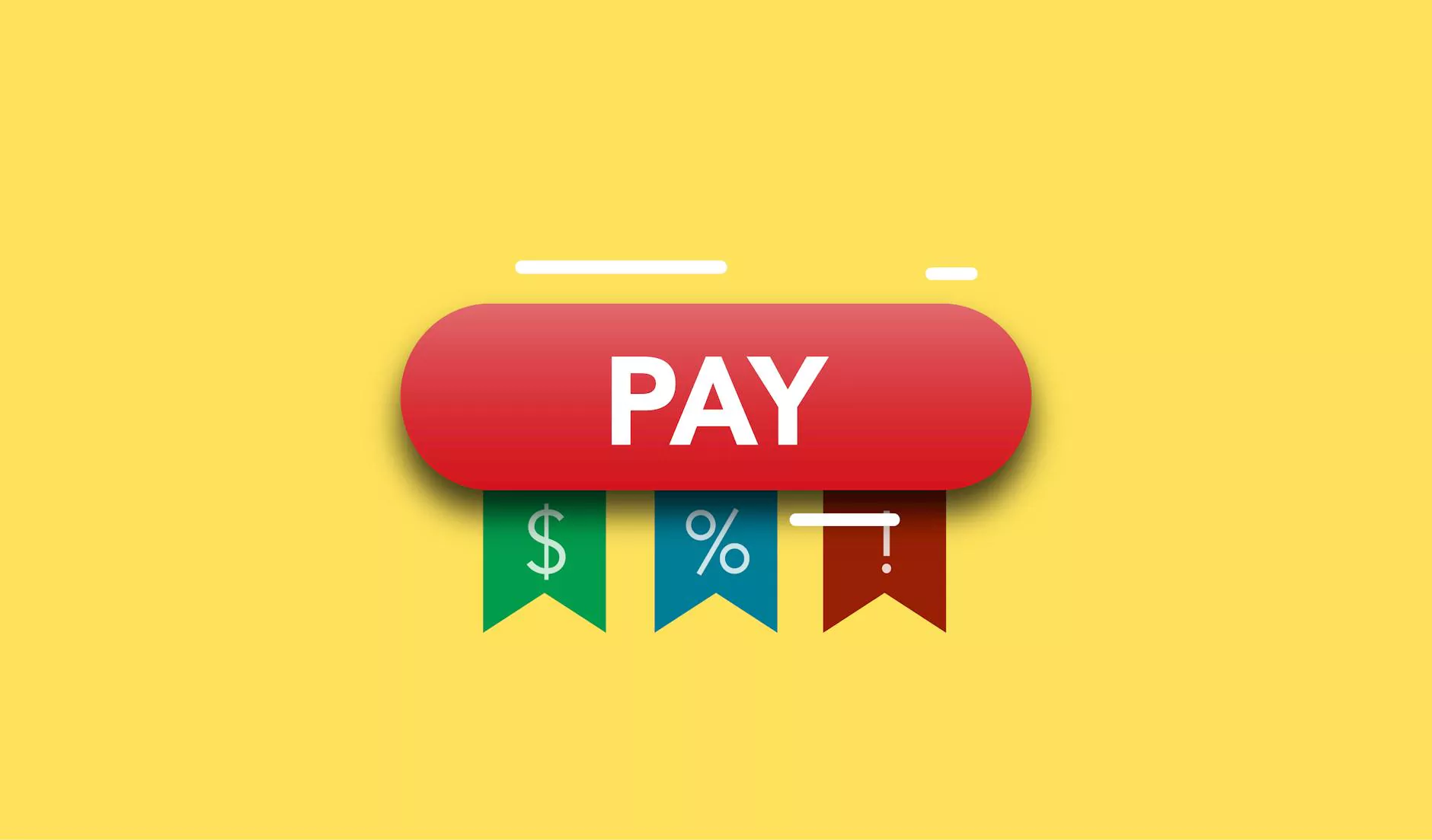The Ultimate Guide to Fixing & Preventing WordPress Plugin Conflicts
Technology
Welcome to the ultimate guide on how to fix and prevent WordPress plugin conflicts. In this comprehensive guide, SEO Pros Dallas, the premier digital marketing agency specializing in Business and Consumer Services, will provide you with expert tips and strategies to ensure smooth functionality of your WordPress website.
Understanding WordPress Plugin Conflicts
WordPress is an incredibly powerful and versatile platform, offering a wide range of plugins that enhance its functionality. However, sometimes these plugins can clash with one another, resulting in conflicts that can negatively impact your website's performance. Plugin conflicts can cause issues such as broken functionality, slow loading times, and even outright crashes.
The Impact of Plugin Conflicts on Your Website
When plugin conflicts occur, it can lead to a frustrating experience for both you and your website visitors. Potential customers may be deterred from engaging with your site if they encounter errors or find that key features are not functioning as intended. Additionally, plugin conflicts can have a negative impact on your search engine rankings, affecting your online visibility and ultimately, your business's success.
Identifying Plugin Conflicts
Before we dive into the solutions for fixing and preventing plugin conflicts, it's essential to understand how to identify them in the first place. Here are a few common signs that indicate the presence of plugin conflicts:
- Website crashes or becomes unresponsive
- Slow page loading times
- Features or functionalities stop working
- Error messages or warnings appear
If you notice any of these issues, it's crucial to act promptly to diagnose and resolve the underlying plugin conflicts.
Steps to Fix Plugin Conflicts
Resolving plugin conflicts requires a systematic approach. Follow these steps to successfully identify and fix plugin conflicts:
Step 1: Identify the Problematic Plugins
Start by deactivating all your plugins and then reactivating them one by one while checking for conflicts after each activation. This process will help you pinpoint the specific plugin or combination of plugins causing the conflict. Remember to thoroughly test the functionality of your website after each activation.
Step 2: Update Your Plugins
Outdated plugins can often lead to conflicts. Ensure that all your plugins are up to date by regularly checking for and installing the latest updates. Developers often release updates that address compatibility issues and fix bugs, reducing the likelihood of conflicts.
Step 3: Check for Theme Compatibility
In some cases, conflicts can arise between plugins and your WordPress theme. Switch to a default theme temporarily and see if the issues persist. If the conflicts disappear with the default theme, you may need to reach out to the theme developer for support or consider choosing a new theme that is compatible with your plugins.
Step 4: Identify Conflicting Plugins
If you have identified conflicting plugins, consider searching for alternative plugins that offer similar features but are known to be compatible with your existing setup. WordPress plugin directories and community forums are great resources for finding recommendations and troubleshooting advice.
Step 5: Seek Professional Assistance
If you have followed the steps above and are still experiencing plugin conflicts, it may be time to seek professional assistance. SEO Pros Dallas has a dedicated team of experts who specialize in WordPress plugin conflicts and can help diagnose and resolve even the most complex issues.
Preventing Future Plugin Conflicts
While resolving existing conflicts is crucial, it's equally important to take proactive steps to prevent future plugin conflicts. Consider the following tips:
Tip 1: Perform Regular Plugin Audits
Regularly review your installed plugins and remove any that are outdated, no longer needed, or have poor reviews. Staying vigilant with your plugin selection will minimize the risk of conflicts.
Tip 2: Keep Plugins Updated
Continuously update your plugins to ensure they are compatible with the latest version of WordPress. Developers often release updates to improve compatibility and address any known conflicts.
Tip 3: Test New Plugins on Staging Environment
Before installing new plugins on your live website, consider setting up a staging environment. This allows you to test plugins and their compatibility with your existing setup without affecting your live site. It's an effective way to identify and resolve conflicts before they impact your visitors.
Tip 4: Prioritize Reliable and Well-Supported Plugins
Choose plugins that have a proven track record of reliability and regular updates. Pay attention to user ratings, reviews, and the developer's responsiveness to support inquiries. Opting for reputable plugins significantly reduces the likelihood of encountering conflicts.
Conclusion
In conclusion, plugin conflicts can hinder your WordPress website's performance and user experience. However, armed with the knowledge and strategies shared in this ultimate guide, you can effectively resolve existing conflicts and prevent future ones. By actively managing your plugins and employing best practices, you can ensure a smooth and seamless online presence for your business. Should you require further assistance, don't hesitate to reach out to SEO Pros Dallas, your trusted digital marketing partner.




